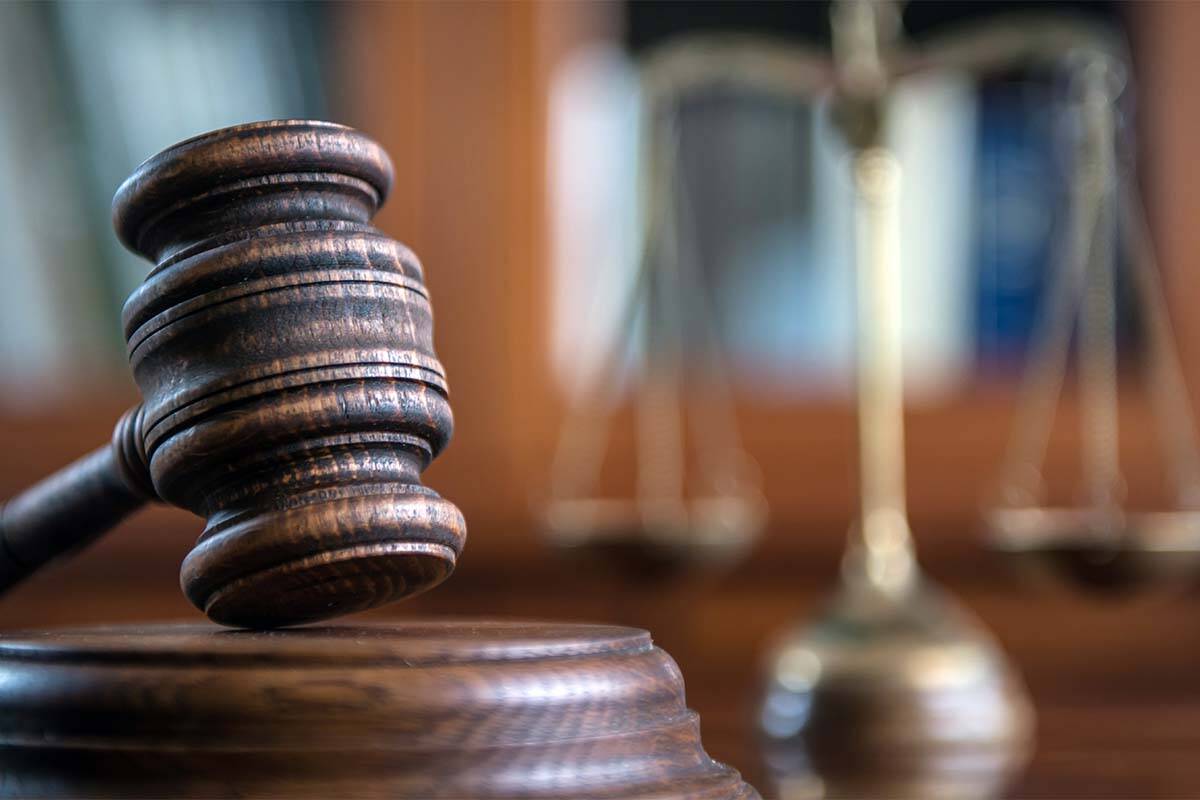Uber-backed proposal would cap attorney fees at 20%
Rideshare company Uber is backing a proposal in Nevada to cap the percentage of fees an attorney can collect in civil cases.
The “Nevadans for Fair Recovery Act,” an initiative petition filed with the Secretary of State’s Office Monday by a group of the same name, aims to ensure plaintiffs receive “their fair share” of awards or settlements in civil cases by capping attorneys’ fees at 20 percent.
Uber lobbyist Harry Hartfield said in a statement that the petition would bring “common sense reforms” to the state’s legal system.
“A system where billboard and television attorneys can afford to spend more than $100 million a year on advertisements and lobbying, while plaintiffs are left with barely half of their judgments, doesn’t benefit anyone except a small number of attorneys,” Hartfield said. “Our hope is that this ballot measure can bring common sense reforms to the legal system, put victims first and potentially lower costs for all Nevadans.”
The Retail Association of Nevada and Nevada Trucking Association are also supporting the measure.
Major Las Vegas personal injury firms Dimopoulos Law, Adam S. Kutner Injury Attorneys and Naqvi Injury Law weren’t available for comment late Monday afternoon, but trial lawyer organization Nevada Justice Association President Jason Mills said Uber’s purpose for filing the petition is “embarrassingly transparent.”
“It’s more of Uber protecting itself,” Mills said. “This could make it harder for everyday folks in Nevada to get competent representation.”
“We protect Nevadans that can’t protect themselves from corporations like [Uber],” he said.
Under the proposal, attorneys would not be able to collect a contingency fee, or a percentage of the amount awarded in a civil case, greater than 20 percent of the award. The cap would apply to all forms of awards, including settlements, arbitration, and judgements.
Currently, there’s no cap on how much attorneys can collect in contingency fees, except in certain circumstances.
The cap would apply to the awarded amount after legal fees have been deducted from the total amount, meaning attorneys will still be reimbursed for actual legal costs, including those incurred by hiring expert witnesses or conducting investigations.
Instead of being paid on an hourly basis, some lawyers are instead paid by contingency fees, meaning the amount they’re paid depends on how much they recover for the plaintiff. Contingency fees aren’t allowed in criminal cases, but are common in personal injury cases. According to the Legal Information Institute, contingency fees in personal injury cases can range anywhere between 20 to 50 percent.
Proponents of contingency fees say they improve access for plaintiffs who couldn’t otherwise afford an attorney and give attorneys an incentive to win cases for plaintiffs.
Opponents argue, however, that contingency fees encourage frivolous litigation and can encourage attorneys to settle for less than what could be possibly awarded in a case.
Road ahead
The measure still has a long road ahead of it before it could become a reality.
The petition must receive signatures from at least 10 percent of the number of voters in the preceding general election — or 102,362 valid signatures — and of those signatures, 25,591 must be gathered from each of the four congressional districts.
The signatures must be collected by Nov. 20.
The petition will then be sent to the Legislature, where lawmakers will then have 40 days to approve or reject the measure.
If lawmakers approve the measure and it receives the governor’s signature, it will then become law. If lawmakers don’t take any action on the measure in the 40-day time limit or vote it down, the measure will appear on the ballot during the next general election.
In the case where legislators reject the initiative, lawmakers can propose a different measure on the same subject. If the dueling measure is approved by lawmakers and the governor, it will also appear on the ballot during the next general election.
If both measures are approved by voters, the one with the most “yes” votes will become law.
If passed, the law would apply to legal actions taken after Jan. 1, 2027.
Contact Taylor R. Avery at TAvery@reviewjournal.com. Follow @travery98 on X.
Petition.embaRGOED.contingency Fee Limitation Initiative Petition.3!18!24 by Tony Garcia on Scribd

















